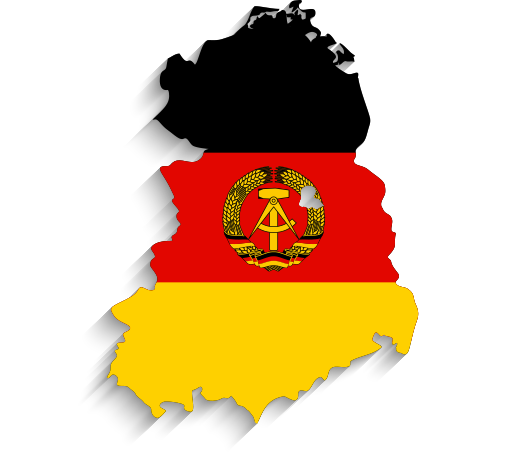(Grant Agreement n. 669194)
(Asch, 19/3/1923)
Minister - Ministry of Foreign Affairs (1975-1990)
Appointed Foreign Minister soon after the diplomatic recognition by the West, Oskar Fischer became one of the main East German representatives abroad. While throughout the 1970s the heads of government and state, Willi Stoph and Erich Honecker, still received hardly any invitations to Western countries, Fischer paid several official visits. Naturally, the proposals by his Ministry approved by the Politburo shaped the East German dealings with the West, however, they only seldomly recommended any change of the line proposed by the party, neither bilaterally nor with regard to the EEC. In 1978, he proposed a more flexible response to the EEC policies than the Ministry of Foreign Trade. With regard to German-German relations a direct decision-making channel between the Foreign Ministry and Honecker existed.
|
As head of the “Department FRG” at the East German Ministry of Foreign Affairs, Karl Seidel was among the most knowledgeable and most important diplomats regarding political relations to West Germany. However, despite a direct chan... |
|
Günter Mittag was the economic mastermind of the Socialist Unity Party of Germany. Within the provisions set by Erich Honecker he executed control over the East German economy. He served as Secretary of the Central Committee for Economics... |
|
He was the face of Czechoslovak normalization regime abroad, able to articulate Czechoslovak interests regarding the European Community. |
|
While the Minister of Foreign Trade, Horst Sölle, was a rather colorless person in the GDR’s Western Trade, State Secretary and later Deputy Minister Gerhard Beil executed a great deal of the ministerial day-to day business. He was ... |
|
As Secretary General of the Socialist Unity Party of Germany Erich Honecker shaped the East German economic and foreign policy most. It was him who took the final decisions. By introducing and pursuing the concept of “Unity of Economic a... |
|
Letter by Horst Tschanter to Paul Verner
SAPMO-BArch, DY 30/IV 2/2.036/71 | Bl. 93–94
In the late 1970s, Horst Tschanter was frustrated about the CMEA’s inability to negotiate a treaty with the EEC and recommended a reevaluation of the GDR's position toward the EEC. - Available only in the archive: https://www.bundesarchiv.de |
|
Decision on negotiations with the EC on an agreement on fisheries
SAPMO-BArch, DY 30/J IV 2/2/1659 | Bl. 3, 39–42
In 1977, the implementation of the EEC’s common fishery policy induced Poland, the USSR and the GDR to direct negotiations with the Commission. Since a substantial economic interest of the GDR was impaired, the Politburo agreed on 01.03.1977 to negotiate with the Commission but insisted that this would not imply recognition of the EEC. - Available here |
